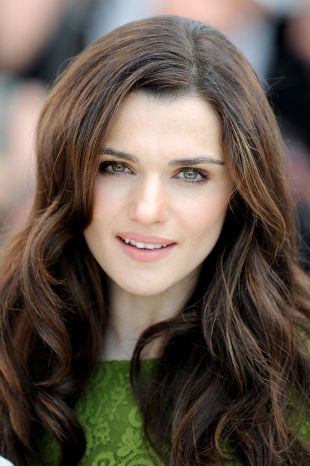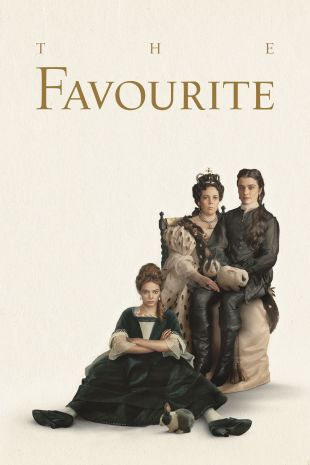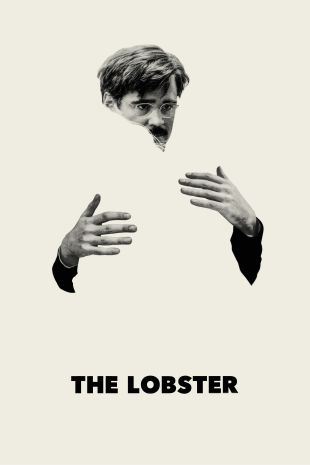British actress Rachel Weisz first earned the attention of an international audience with her role as the spoiled daughter of a sculptor in Bernardo Bertolucci's Stealing Beauty (1996). The daughter of a Jewish-Hungarian inventor and an Austrian psychoanalyst (both sides of the family fled Fascist Europe during the '30s), Weisz was born in London on March 3, 1971. Much of her adolescence was spent modeling, and after attending Cambridge to study English, she broke into acting with a role in Sean Mathias' West End revival of Noel Coward's Design for Living.
Weisz's performance in the play won her the Critics' Circle Best Newcomer award, and she subsequently took advantage of this recognition with a starring role in the BBC's TV adaptation of Scarlet & Black (1993), and then in 1996 with her aforementioned part in Bertolucci's Stealing Beauty. Although most attention was paid to Liv Tyler in her role as the film's protagonist, Weisz managed to garner notice of her own, and this recognition was furthered by her top billing opposite Keanu Reeves in Chain Reaction that same year. Unfortunately, the big-budget thriller was an unmitigated turkey; Weisz followed it with leads in smaller films such as The Land Girls (1997), a WWII drama that cast her as a young socialite sent to work on a farm; and Going All the Way (1997), a post-war coming-of-age drama starring Ben Affleck and Jeremy Davies that saw Weisz play Wasp, Affleck's Jewish girlfriend.
After returning to Britain to star as a hairdresser in the noirish drama I Want You (1998), Weisz reappeared on the Hollywood radar as Brendan Fraser's damsel in distress in the 1999 summer blockbuster The Mummy. That same year, she played yet another love interest, that of a womanizing Ralph Fiennes in Sunshine, István Szabó's epic drama about three generations of a family of Hungarian Jews. Weisz' subsequent turn in the period drama Enemy at the Gates (2000) saw her play the inamorata of yet another Fiennes brother, Joseph. As a Russian-American sniper caught between the affections of a Russian party official (Fiennes) and a legendary sniper (Jude Law), the actress again returned to the early part of the 20th century (this time the Battle of Stalingrad) and to the deep end of the Fiennes family gene pool.
Dutifully returning for The Mummy Returns a few short months later, that same year found the starlet gaining positive notice for her role in director Neil LaBute's biting stage drama The Shape of Things. Cast as a young art student whose latest "piece" is a strikingly original form of sculpture, Weisz's character would attempt to transform her boyfriend from schlub to stud to surprising effect. When the play was adapted to film in 2001, the team stuck together with Weisz and co-star Paul Rudd stepping before LaBute's all-seeing lens. For her role in the 2003 crime drama Confidence, Weisz would join a band of talented con artists in a daring bid to take a banker with ties to organized crime for all he's worth. Though the film may not have struck box-office gold, it did prove something of a sleeper and drew generally favorable reviews from critics. Confidence would be one of two films that found Weisz cast alongside screen legend Dustin Hoffman in 2003, the other being the courtroom thriller Runaway Jury. If her last few years had been slightly weighed down in drama, audiences could be assured that things would lighten up considerably when Weisz joined the cast of the Barry Levinson comedy Envy (2004).
In 2005 she starred alongside Keanu Reeves again in the comic book adaptation Constantine. The dark film about a man trying to avoid his fate in hell by battling demons on Earth helped keep Weisz's name in circulation, but her next project would create the biggest buzz of her career thus far. Her role in Fernando Meirelles' The Constant Gardener garnered praise from critics and audiences alike, winning her an Oscar and a Golden Globe for Best Actress in a Supporting Role. Weisz played a British activist working in Kenya whose investigations into government corruption cause her to turn up dead, prompting her husband, Ralph Fiennes, to embark on an epic search to reveal the truth behind her murder. On the heels of this tremendous success, she joined the cast of Darren Aronofsky's psychological science-fiction film The Fountain-a story spanning a thousand years and exploring issues of love, death, and spirituality. Weisz joined Adrien Brody and Mark Ruffalo for The Brothers Bloom (2008), and worked with celebrated director Alejandro Amenabar in Agora (2009), a historical drama featuring Weisz in the lead role.
In 2010, Weisz played a major role in The Whistleblower, which was inspired by a true story of a corporation involved in human trafficking, and later worked opposite Daniel Craig in director Terrence Malick's thriller Dream House (2011).



